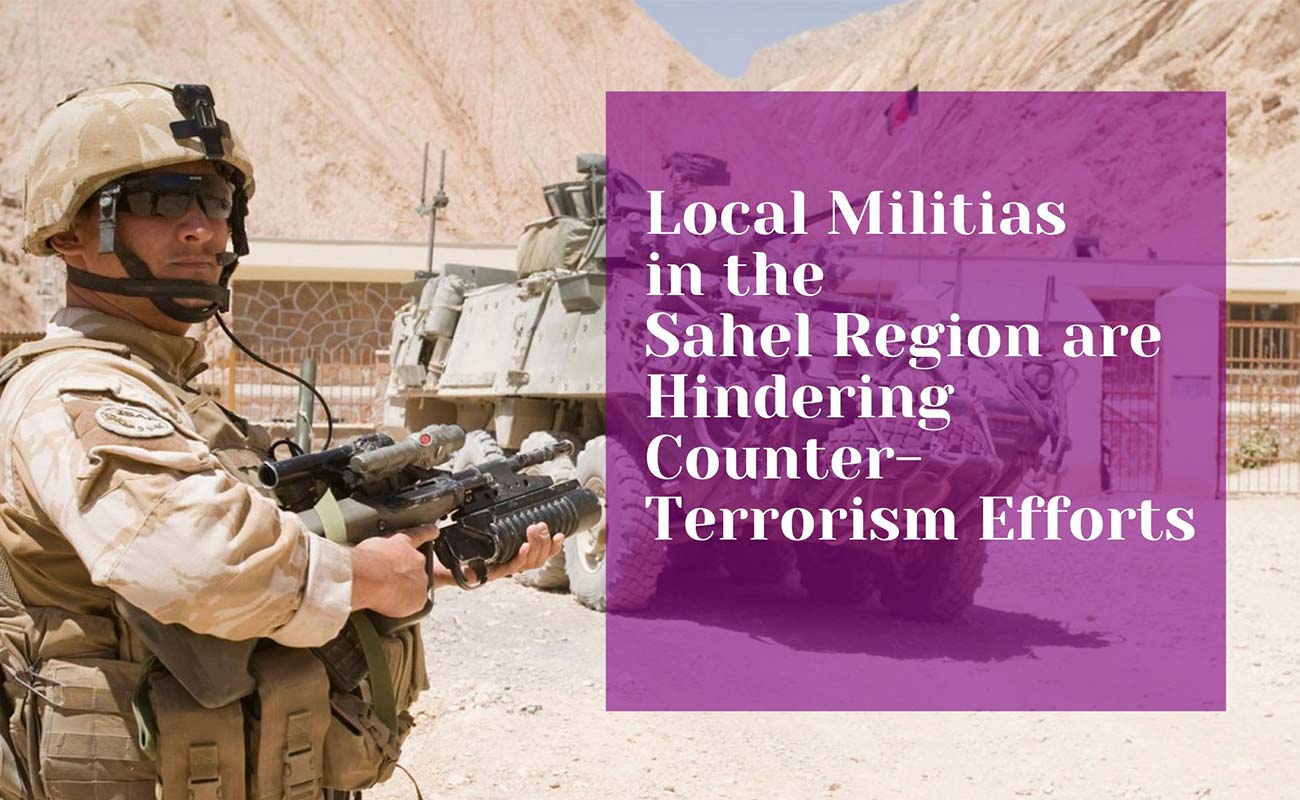
By Adam Abass
Understanding Al-Shabaab
The 2012 Tuareg rebellion in Mali set the stage for jihadist presence in the Sahel and jihadist groups in the region have gained grounds and emerged as violent actors threatening the peace, and security of Sahelian states with spillover to Niger and Burkina Faso. The violent activities of JNIM and the Islamic State in the Sahel have severely impacted the security situations of these landlocked countries, and efforts by state actors to counter the threat have proved futile. Equally, international support for combatting these armed groups declined amidst the political instability emanating from the region, leaving counter-terrorism efforts entirely to the largely fragile Sahelian states.
Sahelian states typically employ force against armed groups, but their expanding lethality reveals security forces’ weaknesses that have led to the rise of local vigilante groups as the first line of defence. The withdrawal of Western troops from the region and the weak responses from the Sahelian states create a security vacuum that makes the role of the local vigilante groups in countering terrorism more crucial. However, their integration into the counter-terrorism framework often harms locals, posing threats rather than protection. This exacerbates tensions and deepens the crisis in the region.
Local Vigilante Groups such as Dan Nan ambassagou, and Dozo hunters in Mali, Les Volontaires pour la défense de la Patrie (VDP) and keglewogo in Burkina Faso and Garde Nomade and Zankai in Niger, are either backed or created by the state and hold significant sway in the vast ungoverned Spaces of the Sahel region. These armed groups enjoy enormous presence which has made patrolling these vast territory complicated for state security forces and hampered their capacity to respond to attacks in these remote and vulnerable areas. Therefore the local Vigilantes intervene to supplement the efforts of the security forces to strengthen social security in local communities. Local vigilantes’ knowledge of the terrain and ability to respond to emerging threats make them critical in safeguarding this conflict-ridden area. Local vigilantes such as the Dan Nan Ambassagou in Mali and the VDP in Burkina Faso frequently conduct military operations and patrols alongside their government armed forces and the Wagner group. In Niger, the vigilantes persuade the local population to relocate from communities when there’s an imminent threat of terrorist attacks. In addition, local Vigilantes enjoy widespread popularity and influence, as indicated by a Burkina Faso survey where 90% of the population has a positive view of the local militia. Nevertheless the critical role that local vigilantes play in the regional security efforts, they are mostly driven towards ethnic dimensions. Most of the recruitment into these vigilantes is ethnic-based. For instance, the VDP in Burkina Faso is mostly comprised of sedentary farmers, while the Dan ambassagou are recruited from the Dogon group, and tend to focus their attacks and operation on a targeted ethnic group. This aggravates existing communal tension leading to a never-ending cycle of violence, and gives room for violent extremist organisations to exploit.
The local vigilantes’ operation is frequently targeted towards the Fulani groups, who are often accused of either collaborating or harbouring jihadist groups in their settlements. This works to rationalize vicious attacks and atrocities against the Fulani population, with notable examples including the twin attacks in Ogossogou village which claimed the lives of 160 civilians in the first round attacks and 35 in the second in 2019. Investigations by Human Rights Watch have implicated the Dogon militia in committing the atrocities. For example, in neighbouring Burkina Faso, the VDP has been accused of carrying out abuses against the Fulani communities. These targeted killings under the umbrella of counter-terrorism operations have in turn inflamed ethnic tension, Fulani militias also conduct reprisal attacks against Dogon communities or seek jihadist support, thereby pushing the vulnerable Fulani community towards the hands of the jihadist for protection and revenge.
The jihadist groups capitalized on the tense conflict dynamics by portraying themselves as the protector of the oppressed Fulani population and by driving the narrative of the state as a violent actor through the activities of the state-backed or created local vigilante. This has helped to increase their popularity and support network, especially in areas where the state has little or no presence, and equally no trust in the state. The jihadist armed groups exploit the susceptible aggrieved Fulani locals to increase its recruitment of foot soldiers, and jihadist groups’ ability to lay brutal attacks rest on their foot soldiers, which then strengthened its ability to conduct offensive attacks against the military post and civilian population, thus, undermining state counter-terrorism efforts.
While it is undeniable that the local vigilantes fulfil an important role in securing vulnerable communities, to avoid jeopardizing counter-terrorism efforts and risking an endless cycle of violence, prosecution and accountability must be pursued for the gruesome acts committed by these vigilantes, as these will help build local confidence in the state. Also, professional training and rigorous scrutiny of local vigilante groups must be integrated into the operational methods.
